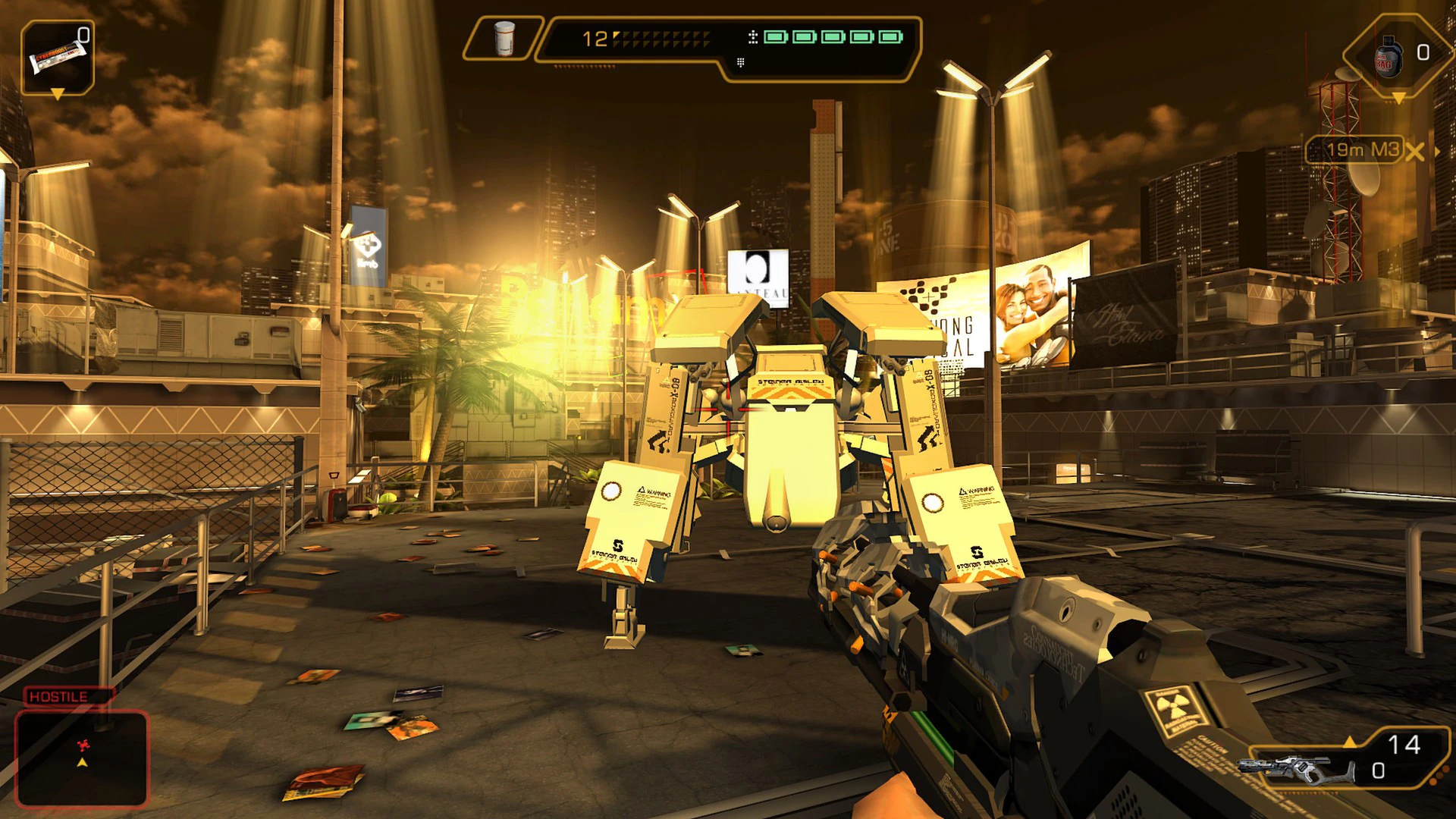From their inception, first-person shooters (FPS) have fascinated gamers with their unique experience and ability to connect players to the in-game protagonist. Games like ‘Wolfenstein 3D’ and ‘Halo Infinite’ exemplify the innovative, exciting, and compelling storytelling potential of this genre.
The FPS genre is reaching a pivotal moment due to the industry’s rapid evolution and players’ increasing expectations. The question is whether the genre will cling to existing game structures and mechanics, or if it will redefine our understanding of player-driven narrative and engaging gameplay.
In this comprehensive analysis, we aim to shed light on the current and future issues faced by the FPS genre, its response to these challenges, and how they could influence the future direction of these games. With the digital world in constant flux, our games need to adapt too, with FPS games possibly leading the way in gaming’s forthcoming revolution.
Join us as we prepare to delve into the promising and exciting future of first-person shooters.
The Growth of First-Person Shooters (FPS)
Video games have undergone massive changes over the past decades, and no genre exemplifies this evolution more than the FPS. Games like ‘Wolfenstein 3D’ and ‘Doom’ initiated the trend, with FPS games consistently driving gaming technology and design, spearheading significant industry advancements.
The lifelike and engaging nature of FPS games offers players a rare, intense gaming experience. As we move forward, new obstacles and opportunities could redefine our perception of FPS gameplay.

Issues Confronting the FPS Genre
Player Burnout
As with many maturing genres, the first challenge is player burnout. Years of gradual improvements and tweaks have led to a sense of familiarity when players start the latest FPS game. While the classic elements of the genre – military themes, hyper-realistic graphics, and time-tested game mechanics – still captivate, some players are beginning to find them monotonous.
“Without fresh ideas, the FPS genre could become static. It must constantly evolve to maintain interest and engagement.” – Anonymous Industry Expert
The Demand for Realism
Another challenge is the mounting pressure for realism. While graphics technology advancements have made games more captivating and visually appealing, there’s only so much that realism can enhance the gaming experience. Overemphasis on realism could potentially hamper the fun aspect, transforming the game into a simulation rather than a source of entertainment.

Accessibility and Diversity
As the gaming community diversifies, there’s an increasing demand for FPS games to be more accessible and diverse. This is a multifaceted issue encompassing everything from game design to community management. How can game creators produce games that are both challenging and skill-based, yet welcoming to all players irrespective of their skill levels and backgrounds? How can they encourage positive, inclusive online communities in a genre often marred by competitive and at times, toxic multiplayer environments?
“It’s time we reconsider our approach to game design. Our aim should be to create experiences that are not just enjoyable, but also inviting and inclusive to all players.” – Game Designer
Opportunities for the FPS Genre
Broadening Narrative Possibilities
While obstacles exist, there are ample possibilities for the FPS genre. Notably, the genre has room to explore profound and captivating narratives. Although gameplay has traditionally been the primary focus of FPS games, this trend is shifting. Games such as ‘Bioshock’ and ‘Half-Life 2’ exemplify how FPS can deliver intricate, compelling storylines comparable to those in other genres.
Virtual Reality (VR) presents an intriguing prospect for FPS games. Although it’s in its nascent stages, VR could potentially redefine gaming. It provides an unmatched level of in-game involvement, allowing players to genuinely feel a part of the game world. To bring VR into the FPS mainstream, developers will have to navigate around obstacles like motion sickness and the need for high-end hardware.
“VR could be the next significant leap for FPS games, offering an unparalleled level of immersion. However, it has considerable ground to cover before becoming mainstream.” – VR Developer
The multiplayer aspect of FPS games is another potential area for innovation. Even though team-based shooters and battle royale games have largely dominated the recent scene, there’s ample room for fresh concepts and methods. The potential is limitless, from cooperative campaigns with player-driven narratives to competitive matches incorporating elements from other genres like strategy or role-playing games.

The Future Landscape for FPS Games
Predicting the future of FPS games with certainty is challenging, but certain trends are likely to guide the genre’s evolution.
Enhanced Player Influence
We can anticipate games that provide players with more control over the gameplay, world, and narrative. This trend is already evident in some FPS games, and is likely to persist as developers aim to create more engaging, interactive experiences.

Innovative Game Mechanics
Expect to see groundbreaking mechanics in the future, whether they are new types of weaponry, novel methods of game world navigation, or entirely fresh gameplay concepts. The FPS genre has always been a source of innovation, and this trend shows no signs of slowing down.
“Innovative game mechanics is the lifeblood of the FPS genre. The moment we cease to innovate, the genre begins to stagnate.” – Game Developer
Blending Different Genres
We may witness more FPS games incorporating elements from other genres in the future. This could include RPG-style character progression, strategic components, or even aspects from social simulation games. By mixing different gameplay elements, developers can create unique, genre-blurring experiences that redefine what an FPS game can offer.
Conclusion
Despite the challenges ahead, the future of the FPS genre shines brightly. With technology’s steady progression and developers’ ceaseless creativity, we anticipate several exciting new developments in the coming years. Whether it’s through more engaging narratives, innovative game mechanics, or pioneering technology like VR, the FPS genre will keep evolving and pushing gaming’s boundaries.




